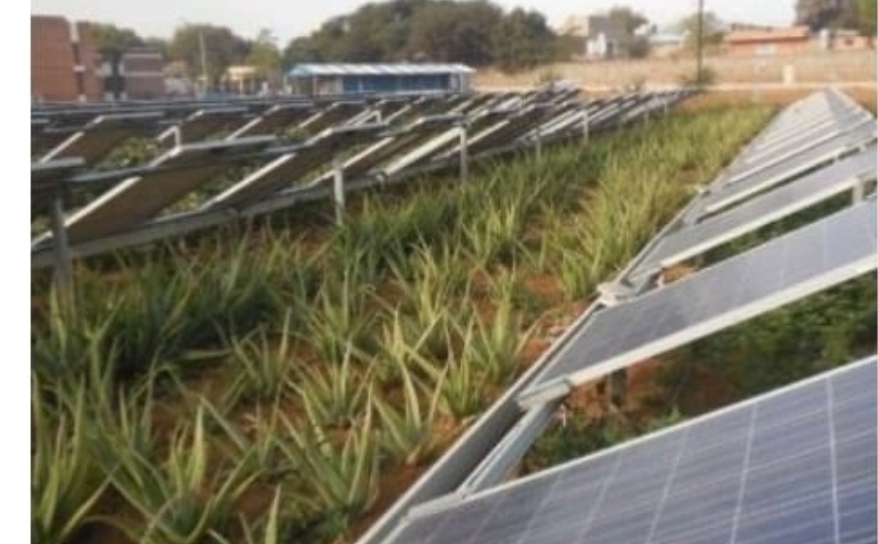SKILL: Agrivoltaic Technology
Course Attendees
Still no participant
Course Reviews
Still no reviews
Our Main Teachers

Solar Energy, Electrical, Electronics & Agrivoltaic
Still no participant
Still no reviews

Solar Energy, Electrical, Electronics & Agrivoltaic